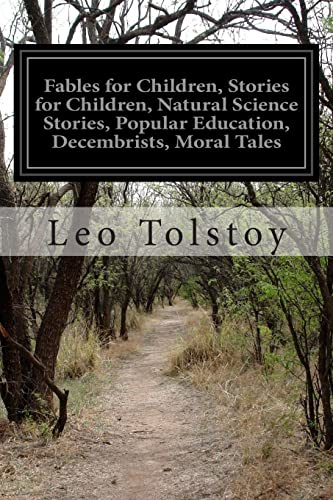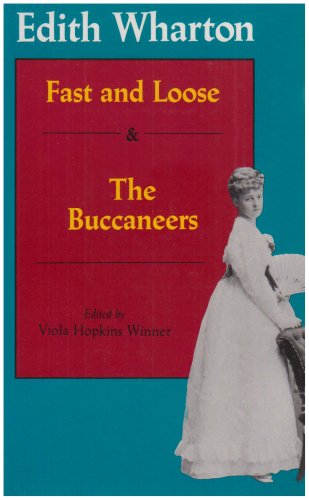I wrote this post before I left for Paris on December 10th.
I'm listening to my favorite Christmas Carols on Spotify. Feel free to listen to your favorite while reading today's post.
In two days I'll be in Paris. Four books are piled one on top of the other on my table and I am going to write a brief paragraph on each so I can start the year with a clean slate, so to speak.
Henry James on Italy

I love James' writing, however, his need to describe every nook and cranny of Italy can only be inspired by the fact that photography was not accessible to everyone and most people had not seen what he was describing. Hence his attention to minutia.
He does a thorough and adequate job painting the scenery with his words and he includes more than a few jibes at John Ruskin at no extra charge. Apparently, Ruskin also wrote of Italy and in a manner James did not approve.
What makes the book worth the money (and by that I mean the two dollars I paid for it at an Independent Book Store) are the prints of oil paintings of different scenes throughout the "Lo Stivale". (That's Italian for "the boot", a nickname because Italy is shaped like, well, you know.)
Images and Imagination by C.S. Lewis
This is a compilation by Walter Hooper of C.S. Lewis' essays and lectures on different authors and genres of literature. The chapters I enjoyed the most were on subjects I had previously read about or authors whom I had read.
Therefore, his articles on the different Inklings such as Owen Barfield, Charles Williams and, of course J.R.R. Tolkien were interesting to read. I also enjoyed his analysis of Robert Fitzgerald's translation of the Odyssey. I had not read his translation but because I had just read the Odyssey, I could appreciate his comments.
My favorite was his analysis and critique of Malory's translation of the Arthurian legends. He brings other experts in and either agrees or disagrees with their opinions and explains his point of view in a way I could understand and enjoy.
This was not true of many of the essays because I was either unfamiliar with the writer or the work.
In one of his essays Lewis points out is that he thinks his was the age of the biography rather than literature which I found funny since I have been reading a lot of biographies lately.
Odyssey by Homer, translated by Samuel Butler
And speaking of the Odyssey, I found I enjoyed the story much better than the Iliad. The Iliad was much too stagnate. It went nowhere but stayed at the battle field with lots of poetic speeches by warriors, gods and goddesses about what sort of revenge they were going to take on each other and even more poetic descriptions of battle scenes. I understand that I am exposing my own limitations and taste in literature and not in any way making an intelligent judgement on a timeless work.
The Odyssey, on the other hand, went places. Odysseus just had a time and a half trying to get home. And of course the whole sale audacity of the young men back home just eating up all of Odysseus' larder and trying to pressure his wife into marrying one of them for the purpose of taking over Odysseus' possessions primes the reader for the final showdown where our hero slaughters them all and not too soon either.
Odysseus has many adventures, mostly at the expense of his crew, none of which survive. Life was cheap back then and the gods were not people...er...spirits...er... beings...um...gods you could turn to. They were capricious and destroyed men at their whim. There was no reason, either. I cannot do justice in this brief review to describe all my thoughts on the subject of Greek Gods. I would love to know their history and origins, not to mention the psychology behind such inventions.
I wonder if the reason I read through the Odyssey more easily than the Iliad was that the translator, Samuel Butler, chose to put it in prose rather than poem form. My Iliad, translated by Andrew Lang was written as a poem, which the epics were.
And finally....
Political Woman: The Big Little Life of Jeane Kirkpatrick
I am really not going to be able to do justice to this book and it is worth much more than the brief paragraph I am going to give it. But briefly...
Jeane Kirkpatrick was a political scientist and diplomat. Starting as a Democrat, she converted to Republicanism as the Democratic party moved farther and farther left. In a time when women played no significant role in politics, she was appointed by Ronald Reagan to be the American U.N. Ambassador. She also served as his political advisor.
The best part of this book is the insight it provides as to how our political parties, especially the Democratic party evolved from being a party concerned about American citizens as individuals and protecting their rights insofar as their rights were limited to opportunities in employment and education, to propagating ideology at the expense of the individual.
She tried to understand the intellectual "perversion" of utopianism. In her words utopianism was:
"theories ungrounded in experience (that can therefore) never be tested."
This led to what she called "rationalism" whose politica effect was:
"the determined effort to understand and shape people and societies on the basis of inadequate, oversimplified theories of human behavior...(which) encourages utopianism..Both are concerned more with the abstract than the concrete, with the possible than the probable. Both are less concerned with people as they are than as they might be..."
Kirkpatrick moved to the Republican party after Carter made it clear to her and other moderate Democrats that they were not going to take the "kick me" sign off of America's back for the rest of the world. Or change their or Europe's or the Middle East's anti-Israel stance.
Carter succeeded in costing America so much respect globally that he practically ensured Reagan's election. Parallels between that election and our current one are hard to ignore.
When Kirkpatrick later became U.N. Ambassador under Reagan she tore the "kick me" sign off America's back. She personally contacted countries that were denouncing the U.S. during U.N. meetings and asking if they were still interested in receiving U.S. aid.
I may add that reading the nasty and even sophomoric tirades that certain third world countries gave at the U.N., not the least of which by the likes of Idi Amin, Fidel Castro and other tyrants one sees the flaws in an organization that gives equal floor to countries that point fingers at the U.S. (to standing ovations!) while their own houses are filthy.
Which leads me to one of the next books I plan on reading: The Tyranny of Guilt by Pascal Bruckner.
Bruckner is a French philosopher and his book argues that it is time for the West to stop self-flagellating. But more about that in the future.
I have not done justice to any of these books but at least I got them off my chest and back on the bookshelves.
In the mean time, have a joyful, blessed season of Peace and God bless you!

















